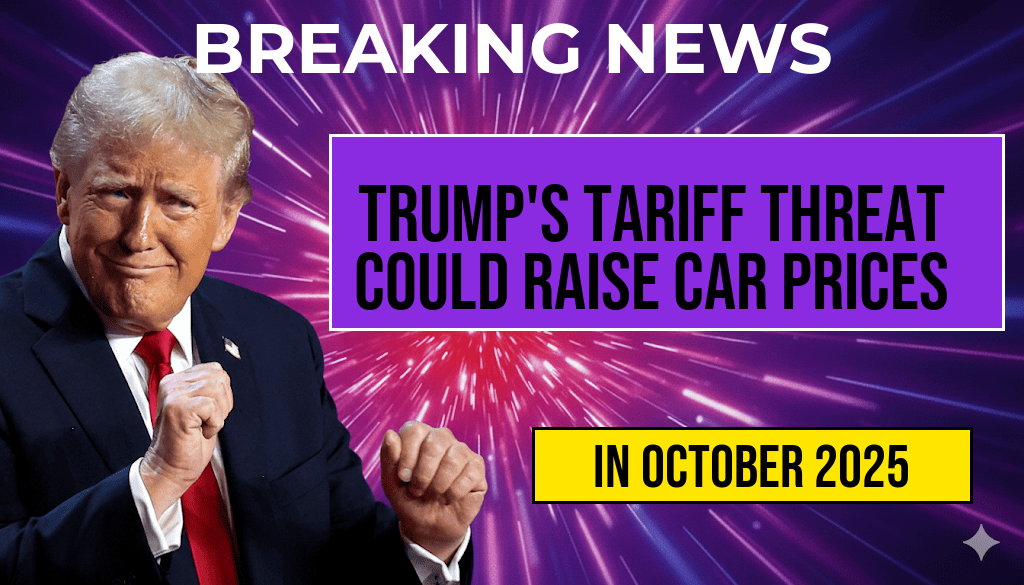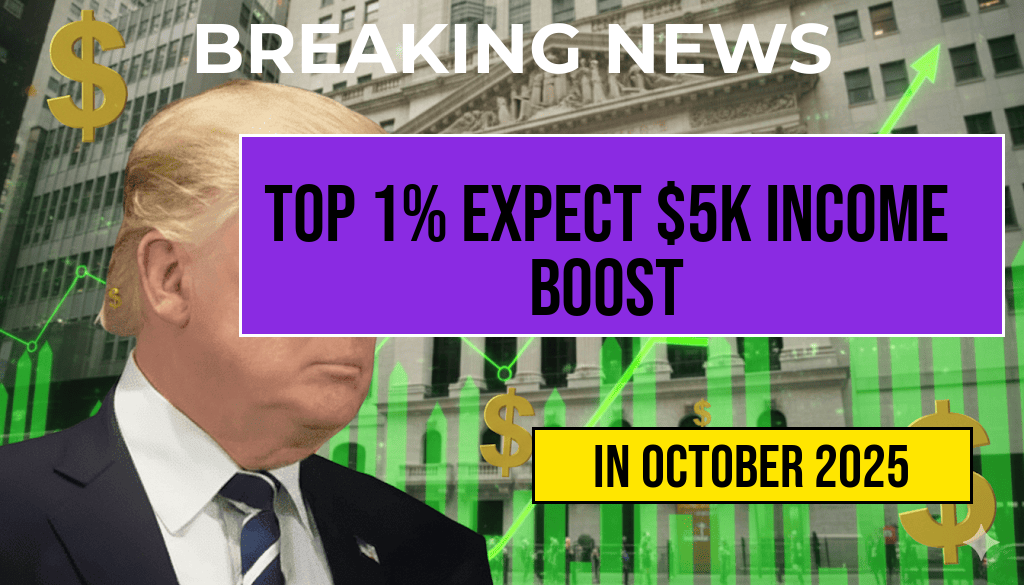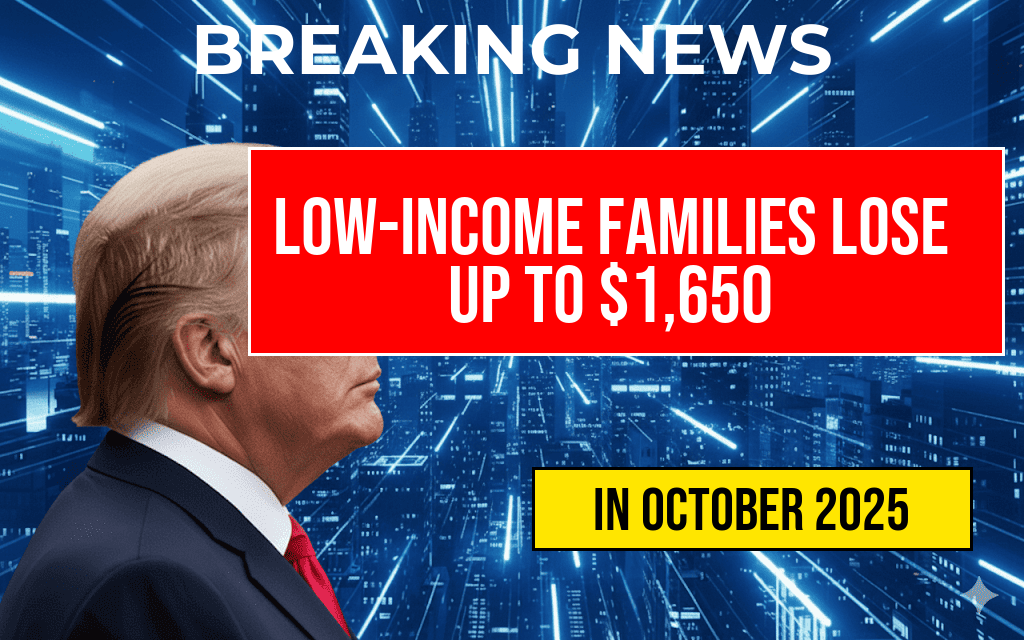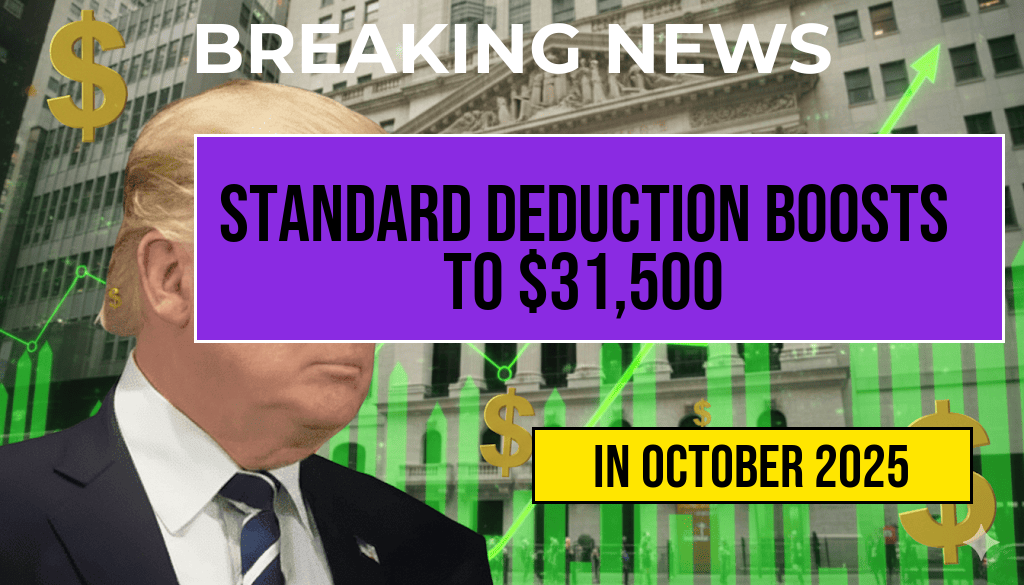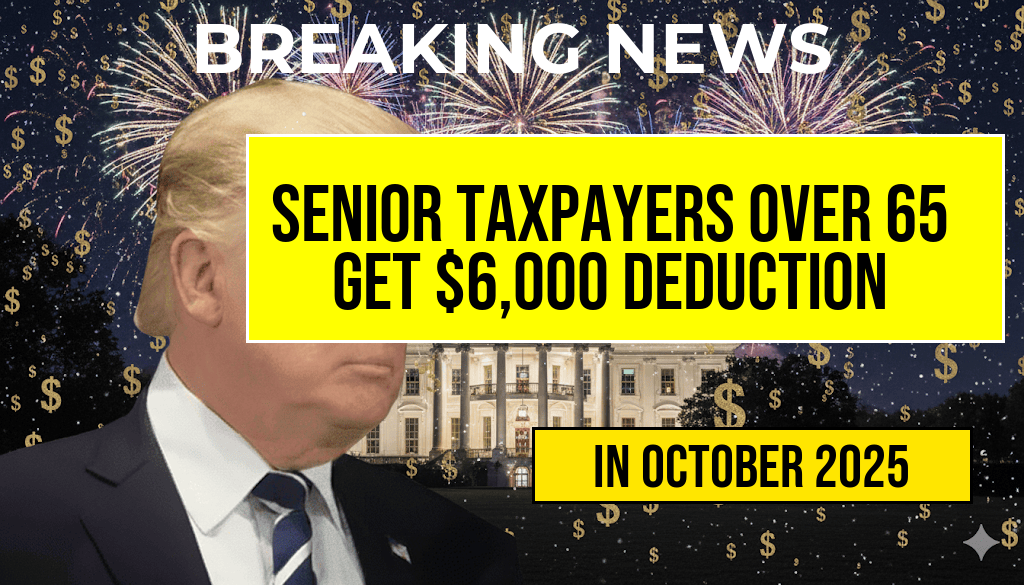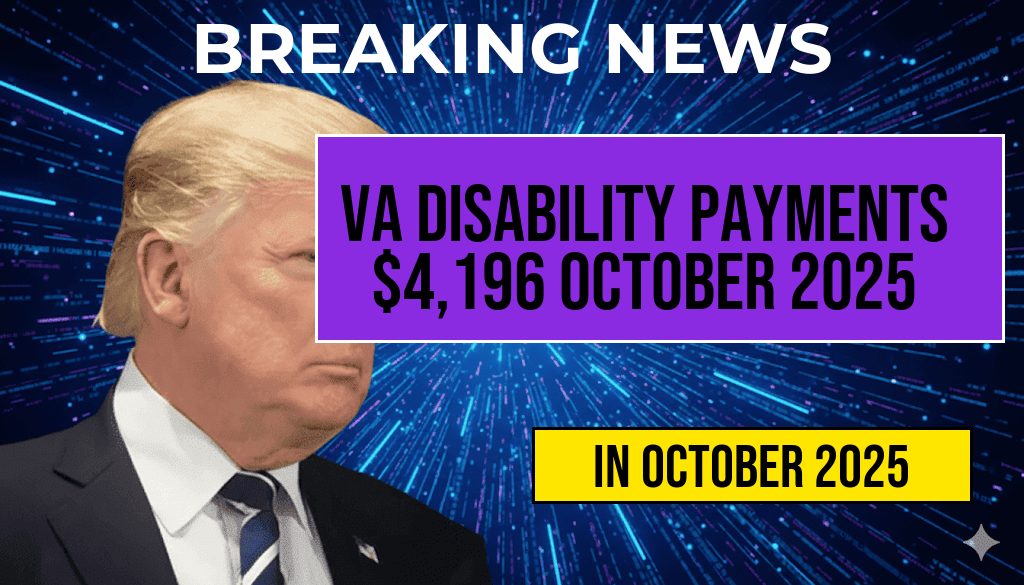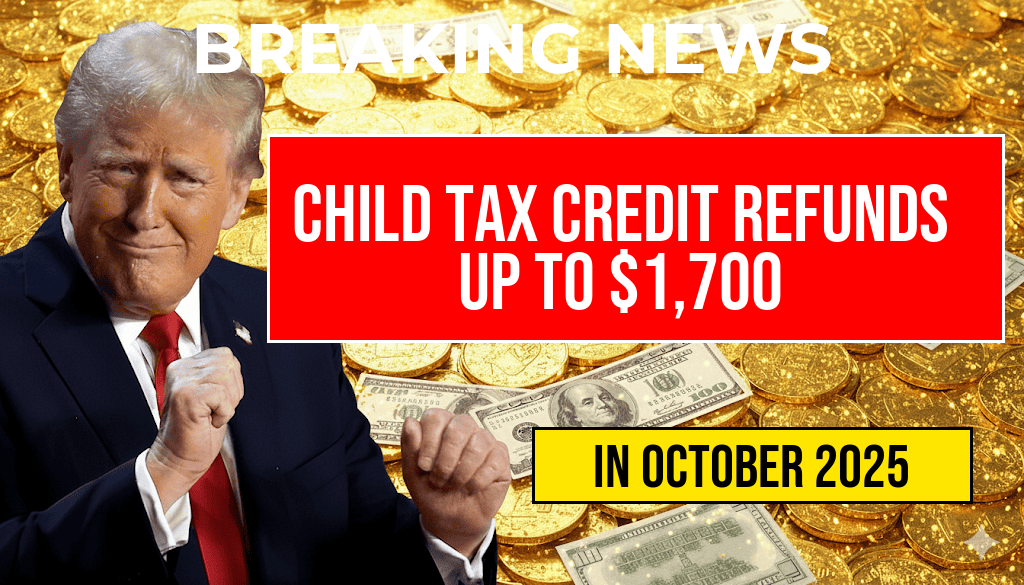Automakers and consumers are bracing for potential price hikes following recent indications from the Trump administration that it may impose new tariffs on imported vehicles and auto parts. If enacted, these tariffs could increase the average price of a new car by as much as $5,286, according to industry analysts. The threat stems from ongoing trade negotiations and proposed measures aimed at addressing perceived unfair trade practices, but experts warn that such tariffs could significantly impact vehicle affordability across the United States. Automakers have expressed concern about supply chain disruptions and increased costs, while consumer advocates warn that higher prices could slow demand and stall the recovery of the auto market. As officials deliberate, both sectors are closely monitoring developments that could reshape the landscape of automobile pricing and international trade relations.
Background on the Tariff Proposal and Its Potential Impact
The Context of U.S.-China Trade Tensions
Trade tensions between the United States and China have escalated over the past few years, with tariffs applied to a broad array of goods, including automotive imports. The Trump administration has previously targeted Chinese auto parts and vehicles, citing concerns over intellectual property theft, unfair subsidies, and national security. The latest proposal aims to impose additional tariffs on imported vehicles, which could be up to 25% or higher, depending on the scope of the measures. Such tariffs are intended to incentivize domestic manufacturing but carry the risk of passing increased costs onto consumers.
Estimated Price Increase for Consumers
Industry analysts at Investopedia estimate that a 25% tariff could raise the average price of a new vehicle by approximately $5,286. This figure considers the current average vehicle price of around $40,000 and the potential markup from tariffs. The actual impact would vary based on vehicle type, brand, and manufacturing location. For example, imported luxury vehicles and certain foreign brands could see even steeper price hikes, affecting consumer choices across market segments.
Industry Response and Market Dynamics
Automaker Concerns and Supply Chain Challenges
Major automakers have voiced apprehension about the potential tariffs, warning that increased costs could lead to reduced profit margins or higher retail prices. In recent statements, companies like Ford, General Motors, and Toyota have emphasized their reliance on global supply chains, with many parts sourced from abroad. Elevated tariffs could cause supply chain disruptions, delaying vehicle production and impacting inventory levels.
- Ford highlighted the risk of increased costs and potential job impacts if tariffs are implemented.
- Toyota warned that tariffs could lead to higher vehicle prices and reduced competitiveness.
Consumer Impact and Market Trends
Higher vehicle prices may dampen consumer demand at a time when the auto industry is still recovering from supply constraints caused by the COVID-19 pandemic. Rising costs could push more buyers toward used vehicles or delay new car purchases altogether. Historically, price increases of this magnitude tend to shift purchase patterns, potentially favoring domestic brands that are less exposed to import tariffs.
Economic and Political Implications
Potential Effects on the Auto Market and Economy
| Tariff Rate | Estimated Price Increase |
|---|---|
| 10% | $4,000 |
| 15% | $6,000 |
| 25% | $10,000 |
While the exact tariff rates remain under discussion, even moderate increases could significantly influence the U.S. auto market. Higher vehicle prices may lead to decreased sales volume, potentially impacting employment in manufacturing and dealership networks. Economists warn that such shifts could slow economic growth, especially if consumers cut back on big-ticket purchases.
Political Landscape and Future Outlook
Trade negotiations are ongoing, with industry stakeholders urging policymakers to consider the broader economic implications of tariffs. The Biden administration has expressed a desire to promote fair trade but also to avoid measures that could harm American consumers. As negotiations continue, automotive industry leaders and consumer groups are watching closely, advocating for policies that balance trade fairness with affordability.
Resources and Further Reading
Frequently Asked Questions
What is the main concern regarding Trump’s tariff threat on new cars?
The primary concern is that Trump’s tariff threat could lead to an increase in vehicle prices by up to $5,286, affecting consumers and the automotive market.
How could tariffs impact the cost of new cars?
Tariffs on imported vehicles and automotive parts can raise production costs for manufacturers, which may be passed on to buyers, resulting in higher prices.
Which types of vehicles are most likely to be affected by these tariffs?
Both imported cars and auto parts are susceptible to tariff increases, especially vehicles that rely heavily on international supply chains, potentially impacting a wide range of models and brands.
Could this tariff threat influence the automotive market and consumer choices?
Yes, increased vehicle prices may lead to decreased sales volume, influence consumer purchasing decisions, and potentially shift demand towards domestically-produced vehicles.
What measures can consumers take to mitigate potential price increases?
Consumers can consider early purchases before tariffs take effect, explore local options, or stay informed about policy developments to make strategic buying decisions.

